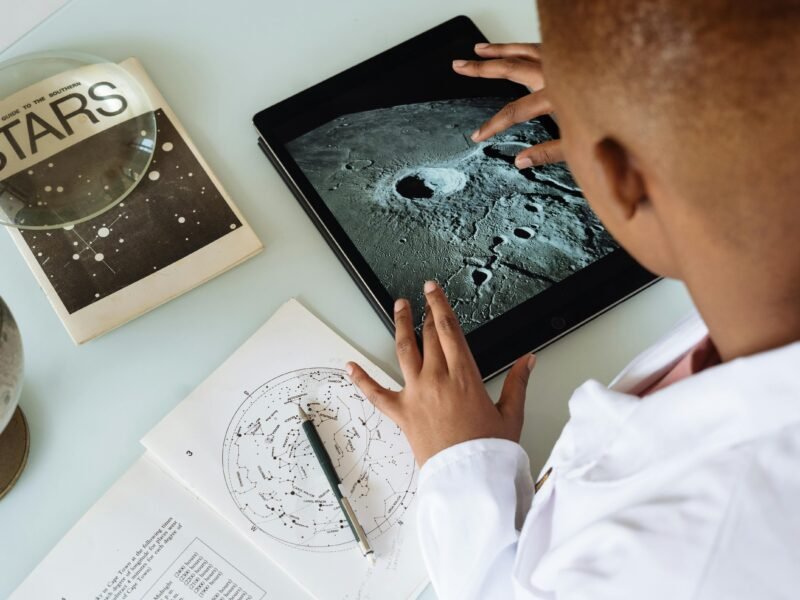There’s been a transformation in our conventional way of learning before now. Are you already making good use of this transformation? Check out this comprehensive guide on Unraveling the Influence of Online Learning on Traditional Education: Adapting to Transformation.
The educational realm is currently experiencing a significant transformation, as online learning gains momentum and redefines the traditional educational framework. With virtual classrooms becoming increasingly prevalent and digital resources revolutionizing the way we learn, the effects on traditional education are deep and varied. Let us look into the transformative path of online learning and its consequences for the conventional educational landscape.
1. Transforming Accessibility: Enabling Equal Access to Learning Opportunities
Online learning has eliminated geographical barriers, making education accessible to individuals worldwide. In contrast to traditional education that requires physical attendance, online learning enables people to pursue their education from anywhere. This equalizes access to education and offers opportunities to learners who may face logistical challenges in a traditional educational environment.
2. Adapting Education to Suit the Unique Requirements of Varied Learners
The rigid structure of traditional education is being challenged by the adaptability offered in online learning. Students can personalize their educational journey to accommodate different schedules, learning paces, and preferences. This flexibility addresses individual needs, empowering learners to take ownership of their learning experience and advocating for a more personalized approach to education.
3. Technological Integration: Enhancing the Learning Experience
Technology is the cornerstone of online learning, bringing a myriad of tools and resources into the educational sphere. Multimedia content, interactive simulations, and collaborative platforms enrich the learning experience and make it worth the hype. While traditional education may struggle to keep pace with technological advancements, online learning seamlessly integrates innovations, providing a dynamic and engaging educational environment.
4. Cost Analysis: Striking a Balance in Education Expenses
Conventional education often comes with significant expenses such as tuition fees, accommodation charges, and other miscellaneous costs. On the other hand, online learning offers a more cost-effective option. By reducing overheads, eliminating the need for physical infrastructure, and enabling students to study while working, it creates a more affordable educational system. This shift challenges the notion that top-notch education always requires excessive spending.
5. Community Dynamics: Nurturing Virtual Connections
Traditional education thrives on in-person interactions, fostering a sense of community within campus walls. Online learning, however, redefines community dynamics by creating virtual spaces for collaboration and interaction. Discussion forums, group projects, and online communities cultivate a sense of belonging among students who may never meet face-to-face, challenging the traditional notion of community within educational institutions.
6. Development of Evaluation Methods: Exploring Alternatives to Traditional Examinations
The way assessments are conducted is being revolutionized by online learning, going beyond the limitations of traditional exams. Online courses now incorporate continuous assessment, project-based evaluations, and real-world applications as crucial components. This shift challenges the traditional reliance on exams in traditional education and recognizes the significance of diverse evaluation methods that effectively showcase knowledge and skills.
7. Meeting the Demands of the 21st Century Requires the Ability to Adapt in the Face of Change
The 21st century necessitates adaptability and agility, traits that are inherently nurtured by online learning. Conventional education, with its rigid frameworks, may encounter difficulties in promptly adjusting to evolving requirements. On the other hand, online learning readily embraces change and innovation, equipping learners with the necessary skills to navigate the ever-changing professional landscape they will encounter in their future endeavors.
Conclusion:
As online learning continues to establish its presence in the educational realm, it undeniably affects traditional education. Instead of being seen as opposing forces, these two learning methods can coexist harmoniously for the benefit of all, each providing distinct benefits. The evolving landscape of education requires a comprehensive comprehension that appreciates the merits of both traditional and online learning. The future of education does not lie in a rivalry between the two, but rather in a seamless integration that optimizes learning opportunities for individuals in a constantly evolving world.
We hope you found value in this article on Unraveling the Influence of Online Learning on Traditional Education: Adapting to Transformation?






